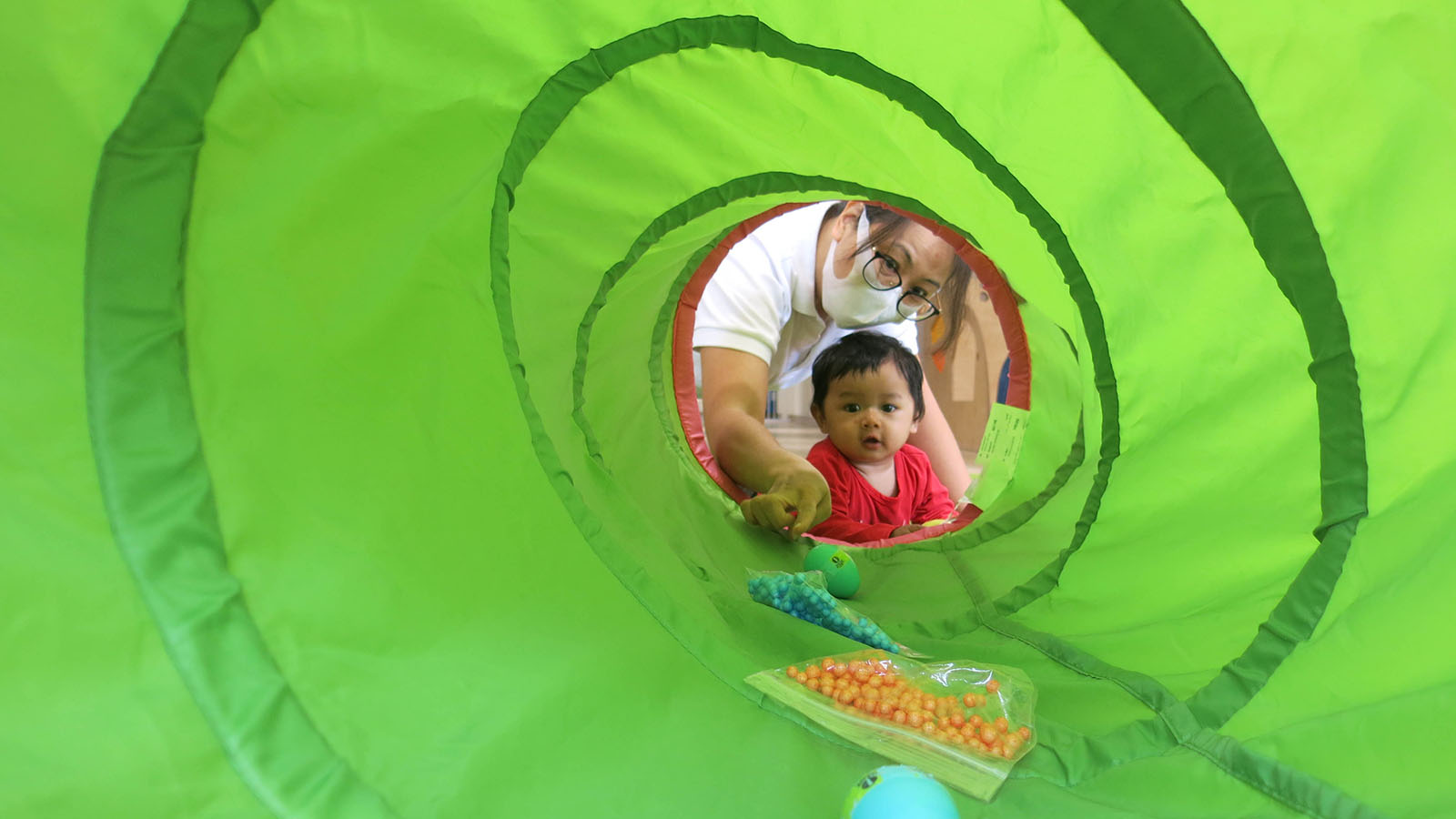A few years back, we decided to expand OneSky’s work to serve children left behind in China’s rural villages.
A massive wave of economic migration from village to factory was tearing apart poor families across China, putting children at risk of abandonment. When we visited some of the affected villages, we could see little difference between the children we met there and the babies and toddlers who brought us to China in 1998. Too many little ones were spending their precious early years without the nurturing love and support of parents. We knew the damage done can last a lifetime. And so our Village Programs began.
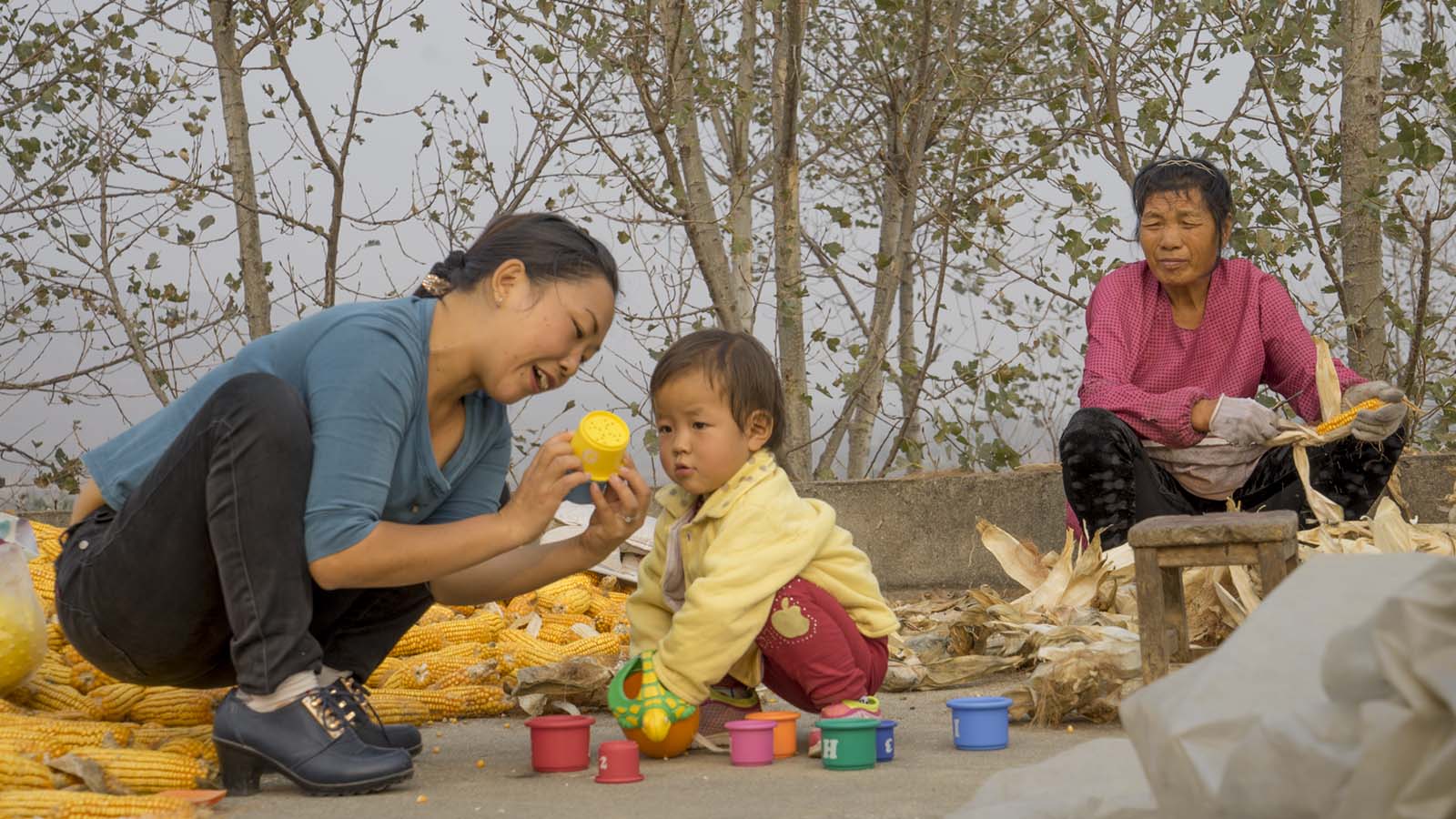
It didn’t take long for the new programs to reaffirm the positive effects of responsive care on young children at risk, whatever the setting. And now it became clear that, as neighbouring countries aspired to imitate China’s economic success, economic migration was affecting children across the entire Asia Pacific region. We resolved to take lessons learned from the orphans and do what we could to help strengthen vulnerable families even outside China.
In addition to building government partnerships and demonstration model children’s centres country-by-country as we’re now doing in Vietnam and Mongolia, we decided to explore creating a regional training hub—an accessible home base— in a relatively neutral, central Asian location. At the time, Hong Kong was an obvious choice.
Hong Kong had always been a friendly haven for OneSky. We’d had a tiny office there since 2006 and held an annual fundraising event to support our work in the Mainland. It was a prosperous city, for sure, but we knew there were also thousands of migrant families with small children right there in Hong Kong, living in the shadows, just struggling to get by.
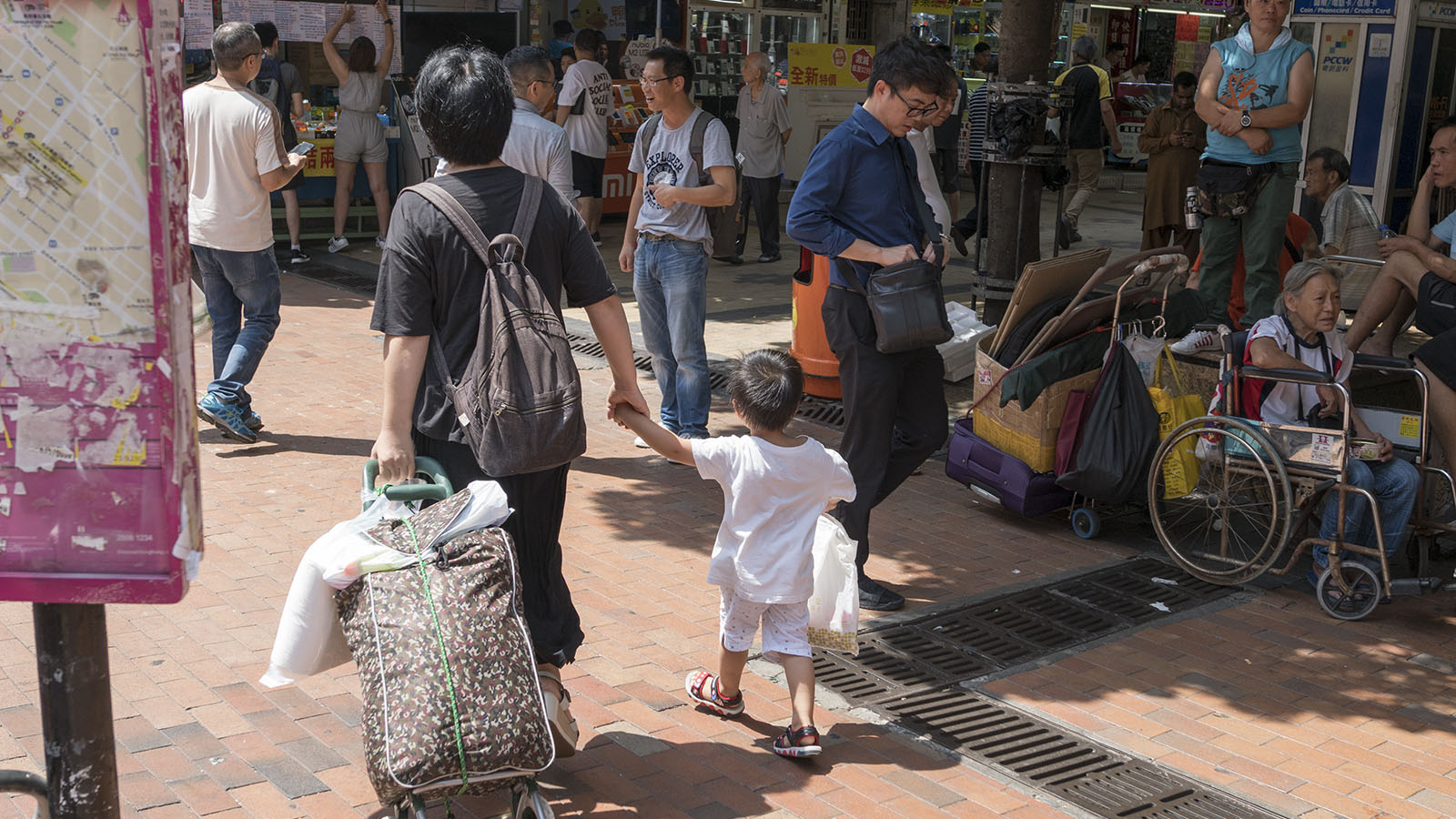
Now it was time to give something back. In late 2016, we hosted a Roundtable gathering in Hong Kong to share our ideas with the local community and potential partner organisations. It was a full house! We explained to the group that, while creating a training base for the region, we wanted also to be sure OneSky could bring real value to the Hong Kong community that has been so kind to China’s orphaned children. With the Roundtable’s enthusiastic support, we launched a steering committee and an 18-month needs assessment. Our findings were pretty bleak.
Despite Hong Kong’s glittering facade, one in five children live in poverty. One in ten lives with a single parent. Families of the city’s most vulnerable children include the unemployed, single parent households, new arrivals, ethnic minorities, and teenage mothers. New arrivals, in particular, have a poverty rate of 30.1% compared to the overall average of 14.7%, and many cannot speak Cantonese, the local language. While there are sufficient services for children 3-years and older, there is little available for poor families with babies and toddlers. They are Hong Kong’s invisible children.
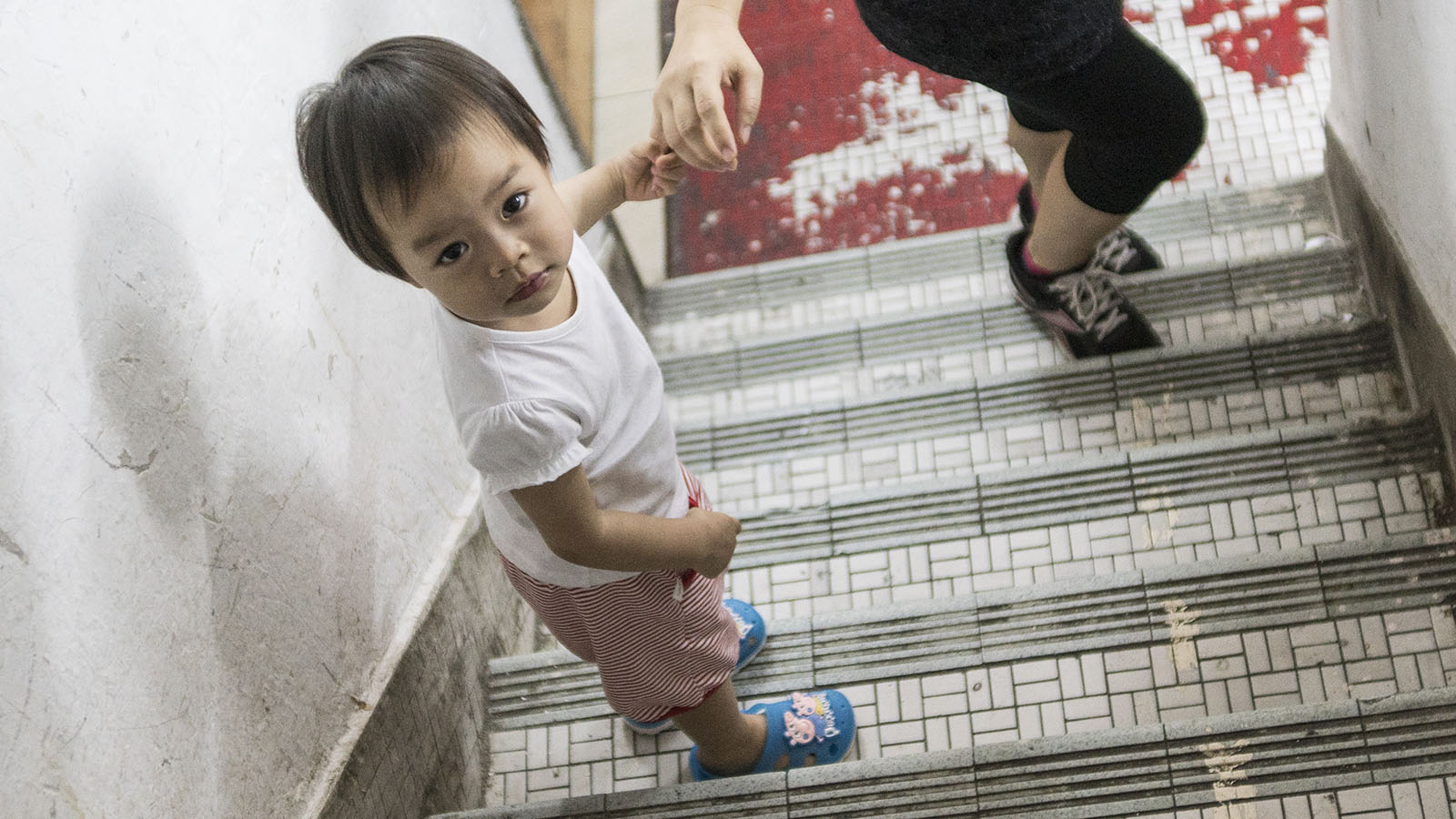
And so, we got to work. We proposed to create a child development centre in one of Hong Kong’s poorest districts, Sham Shui Po, offering training of trainers for caregivers and teachers who work with at-risk children 0-3; parenting skills training; a place for sharing innovations, facilitating workshops, special courses; and a demonstration early learning center that targets very young children who fall through all the cracks.
It has been 4 ½ years since we began our Hong Kong project. Besides fundraising, permit applications, design, construction, recruiting, and nonstop efforts to engage government and understand how to best serve the community, there have been challenges that no one could have foreseen. Some pretty major challenges! Still, between civil unrest and pandemics and quarantines, we managed to open our doors in May 2020.
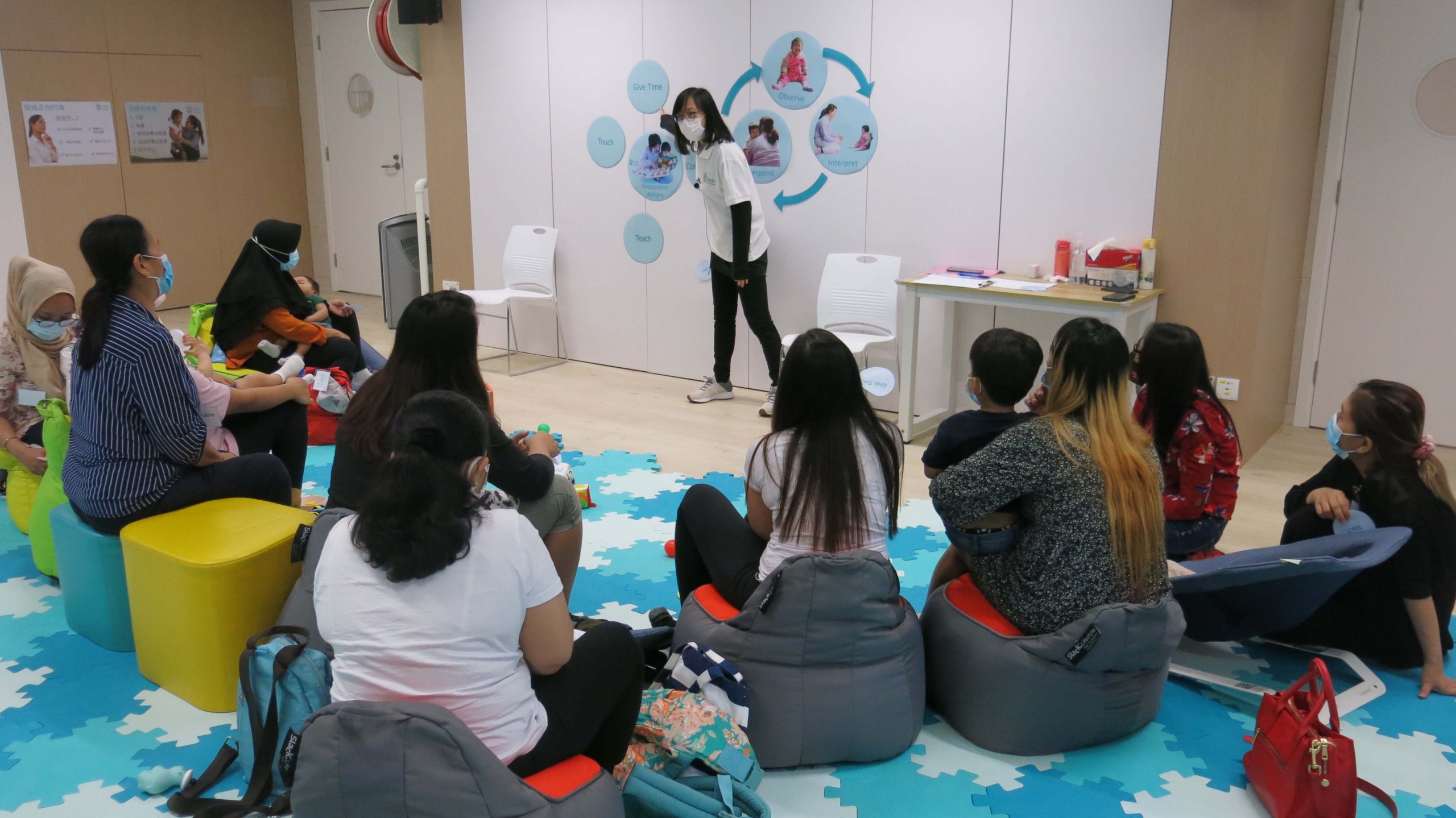
Somehow, our hardworking team has reached out to plan potential partnerships with over 50 local service organisations and, despite frequent closings and Covid restrictions, has already touched the lives of 437 children and their families.

We have many miles to go before we realize our dreams for the invisible children of Hong Kong, but this month we are proud to be celebrating our centre’s first anniversary. Tough as it’s been, we still see a bright future ahead. Stay tuned!
